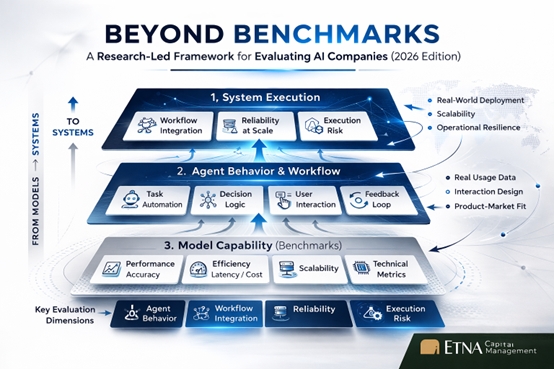By Aditya Dadia
During the past five years, there has been a constant increase in the buzz surrounding the latest technologies, namely Artificial Intelligence (AI) and Machine Learning (ML). Different sectors have adapted the technology rather rapidly due to its sheer impact on core operations and processes. The AI market in the country is anticipated to grow at a CAGR of close to 18% in the next six years. Most sectors, including financial services and insurance, will benefit from emerging AI Robotics, NLP, Computer Vision, and Machine Learning trends.
In the context of the insurance sector, the impact of AI on the core operations shall be rather dramatic as some of the longstanding challenges and issues faced by the stakeholders will be addressed. Here are a few current and near-future applications of AI in the insurance sector that would prove to be a game-changer:
Some of the Current Applications of AI in the Insurance Sector
Even though it is quite early to evaluate the impact of AI in the insurance sector as the technology is still in its infancy, significant work is still being done to address some of the most critical challenges in the industry, especially for a country like India. Here are a few things that have been introduced already to improve operational efficiency and scope of insurance coverage in the country:
Chatbots and Customer Service: These conversational AI systems leverage natural language processing (NLP) to interact with customers in real-time, addressing queries, providing policy information, and even facilitating claims processing.
Underwriting Automation: Machine learning algorithms analyse vast amounts of data to assess risks, determine premiums, and expedite the underwriting process. Hence, the recurring errors in underwriting process shall be reduced, thereby aiding human underwriters in making better and strategic decisions.
Claims Assessment: The claims assessment has been already made more efficient as AI can evaluate historical data, customer profiles, and external data sources. With more data availability, AI can be used to identify patterns, assess claim legitimacy, and expedite the claims processing workflow. Flagging fraud claims and enhancing accuracy of claims are other possibilities.
Fraud Detection: Advanced analytics algorithms detect suspicious patterns and anomalies in claims data, enabling early identification of fraudulent activities. This ensures that the potential losses for the insurance companies can be reduced and their operational and business integrity can be upheld.
Personalisation: This is another area where AI has demonstrated some highly encouraging results. Personalised pricing and coverage not only help secure the insured’s future but also gives the insurance company a chance to showcase its products effectively. By analysing individual customer data, including demographics, behaviours, and historical claims, insurers can tailor pricing models to reflect the specific risk profiles of policyholders.
Future Applications of AI in the Insurance Sector
Besides the abovementioned areas where AI has made a difference, there are various other aspects of Insurtech where its application would be vital. As per a report, almost 95% of the Indian population is uninsured (natural catastrophe insurance), and 73% of the people do not have proper health insurance coverage. The role of AI shall be critical in bridging this gap. Here are a few predicted future applications of AI:
Predictive Analytics and NLP Usage: Predictive Analysis shall be critical in forecasting market trends, customer life events, and overall consumer behaviour. This would mean that insurers could effectively tailor the products and offer customers a wide range of offerings. Further, NLP shall be important in improving the quality of interaction between insurance companies and customers. As insurance is the subject matter of solicitation, any doubts or queries an individual might have before procuring investment can be addressed quickly. This would further improve the overall reliability of the insurance companies.
IoT, Data Integration, and Blockchain: IoT devices (such as sensors in cars and home gadgets) are able to generate a vast volume of data, which will be used by insurance companies for risk management, personalisation, and loss assessment. Further, the usage of blockchain will be critical in improving data security and enhancing trust in insurance transactions, most critically in claims processing.
Future Outlook: B2B Implications
As the insurance sector looks forward to periods of constant growth, the role of B2B collaborations driving AI innovation cannot be undermined. Besides personalisation of pricing and offerings, such partnerships will enable insurers to leverage advanced AI capabilities for risk assessment, claims processing, and customer engagement, thereby enhancing operational efficiency and profitability. The chances of manual errors in different aspects, from client onboarding to claims processing, shall be eliminated. As repetitive tasks would be automated, there would be better resource allocation, facilitating data-backed decisions.
To summarise, the role of AI, based on the existing and future application areas, is to ensure that the industrial ecosystem becomes more agile and competitive. The longstanding challenges in different processes can be addressed, and the overall scope of insurance services could be expanded.
(The author is Aditya Dadia, Founder, Alwrite, and the views expressed in this article are his own)








